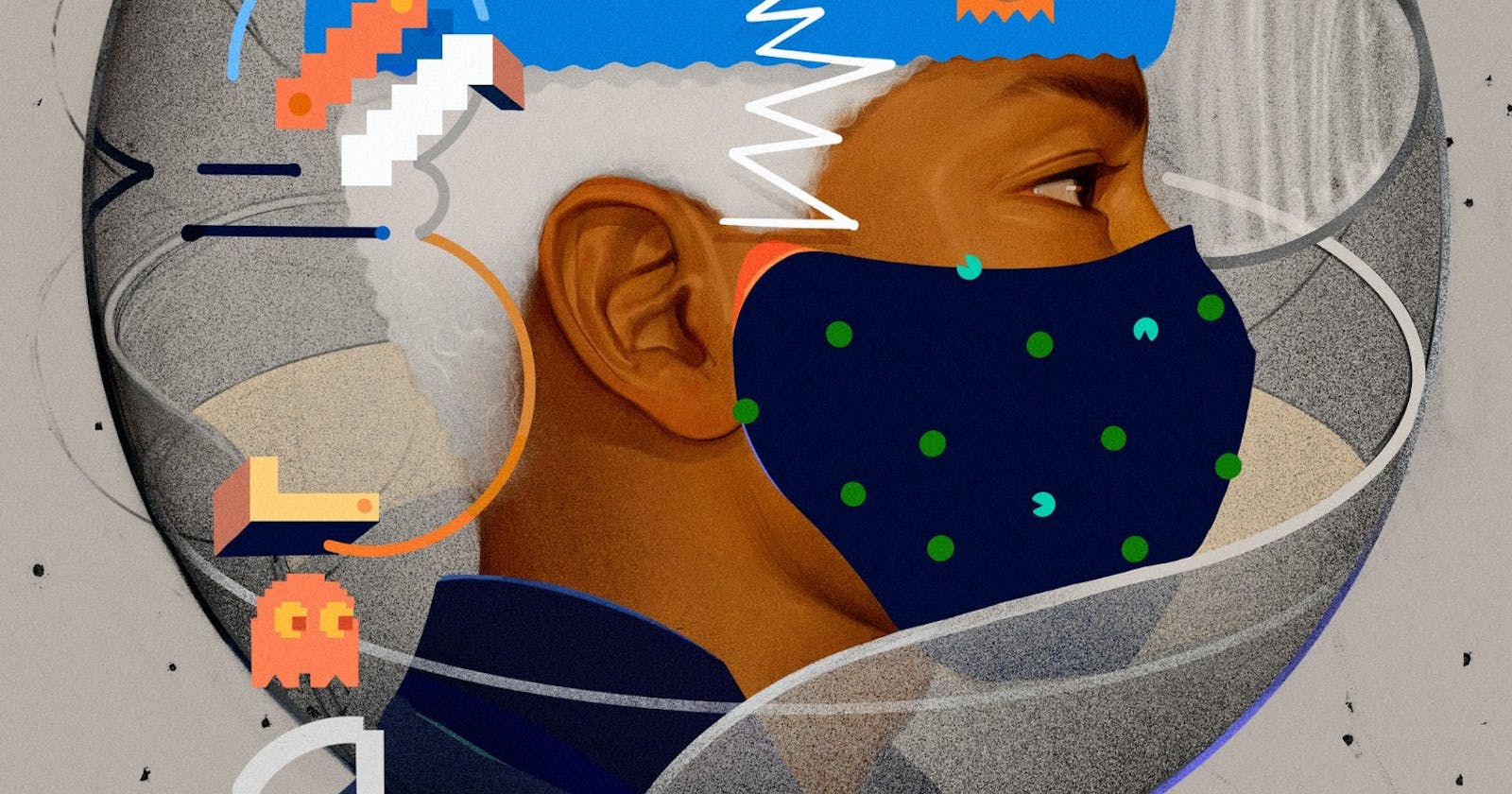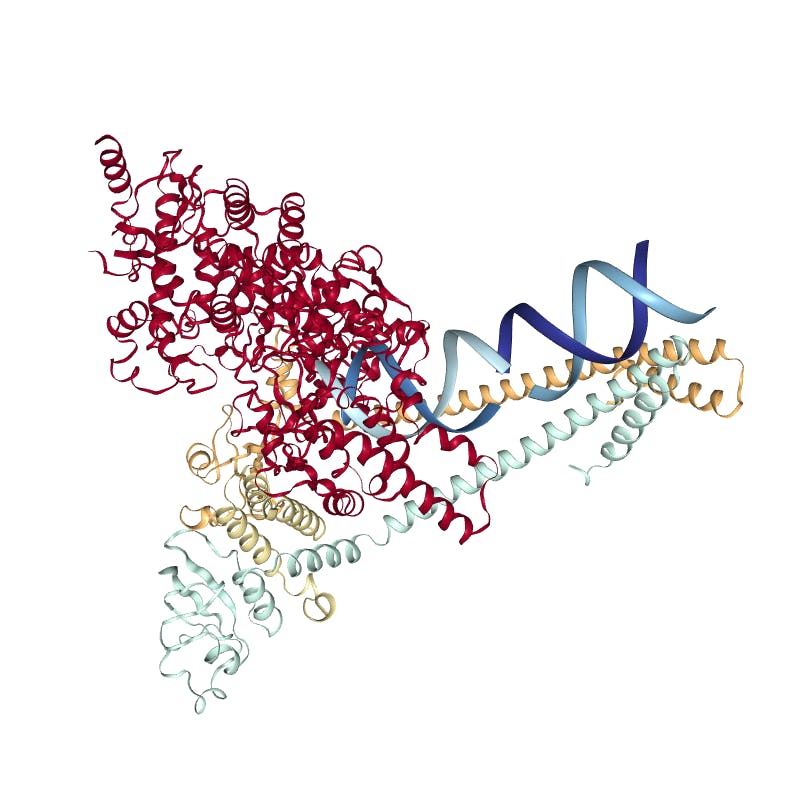Add a little extra something to your CV and some great talking point in interviews.
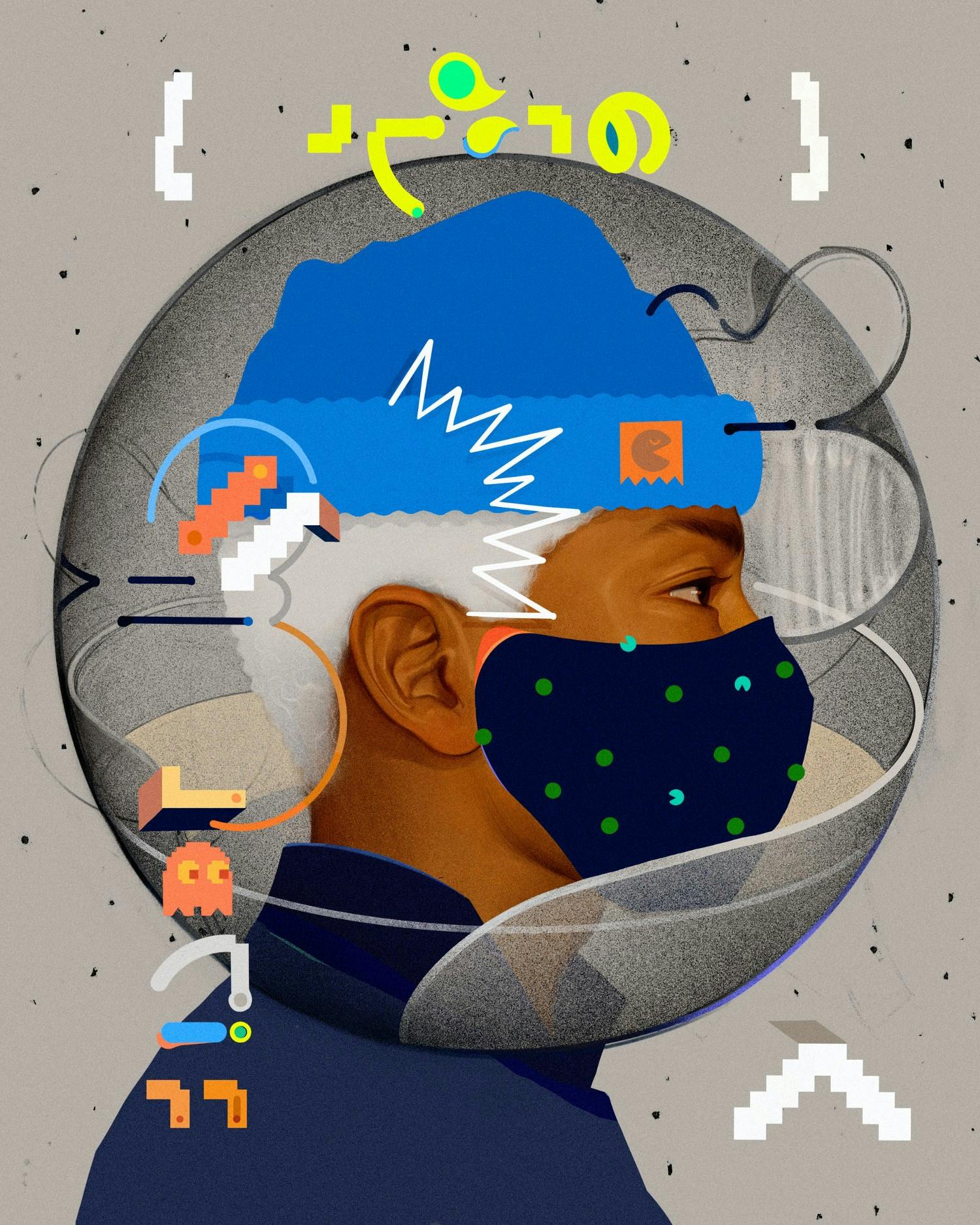
The coronavirus pandemic has increased interest in online education and brought MOOCs back into the spotlight. As the outbreak continues to evolve, we need to update ourselves with the resources and skills to best reflect the changing context in order to have a competitive edge over our peers.
Online courses are a great way to boost your employment prospects: they add a little extra something to your CV and are a great talking point in interviews, as well as being a great way to spend your free time.
With so many established higher education institutions now offering online courses, it can be a challenge deciding which one you should go for.
Stay informed and updated with skill sets and tools in the current market. Here we present to you the courses which we found to be the most informative and innovative. This is by no means an exhaustive list - it just gives you a glimpse of the curated courses.
Best courses to stay updated
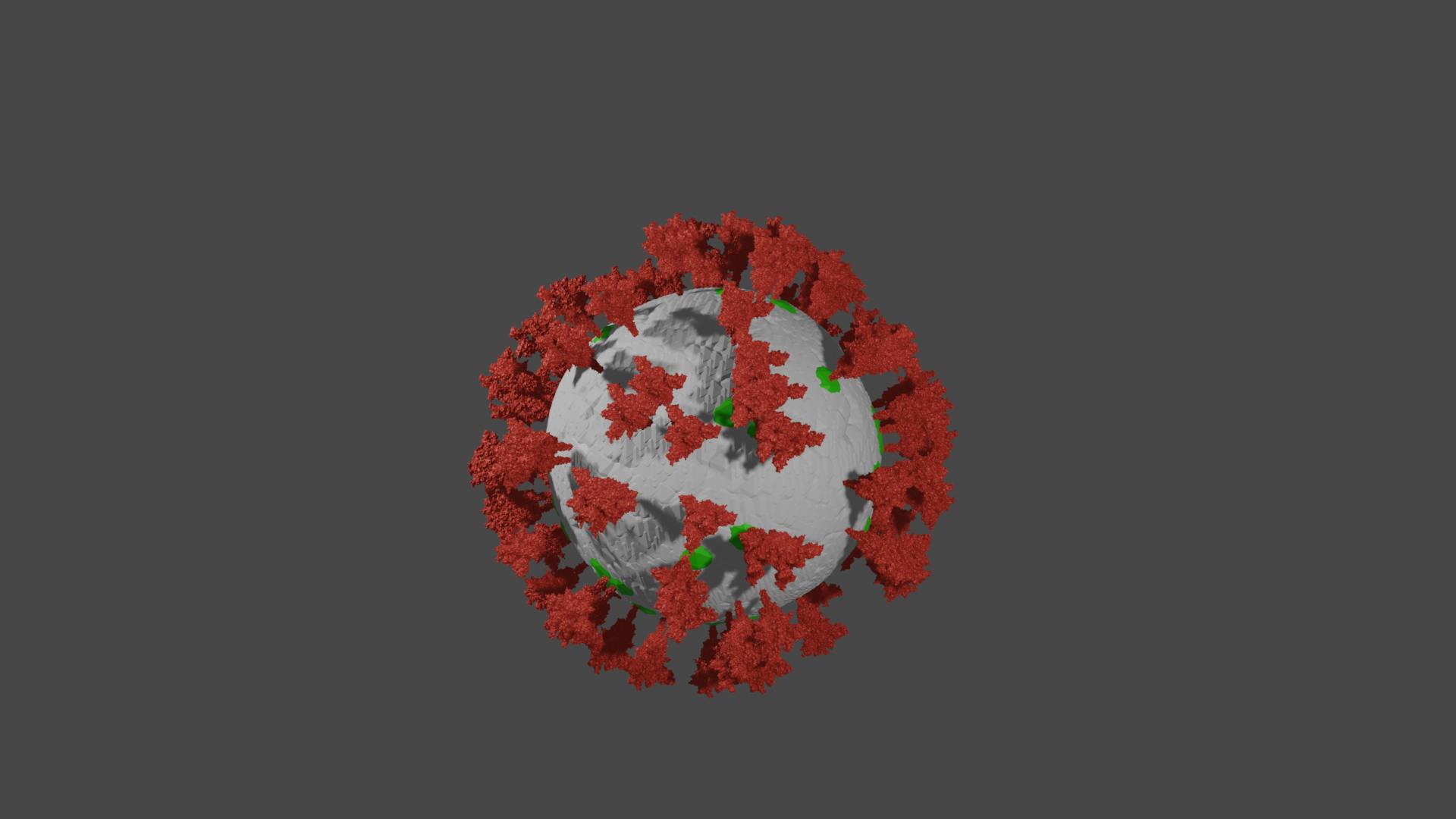
COVID-19 - A clinical update
By Professor Frederick S. Southwick, MD, University of Florida
Many want to know how does this disease present, what are the symptoms associated with COVID-19? How dangerous is COVID-19? Who is at risk of dying? All these questions and much more are answered in this course.
As an expert in infectious diseases, editor of the Journal of Infectious Diseases and author of the textbook Infectious Diseases: A clinical short course, McGraw-Hill April 2020, Professor Frederick S. Southwick, MD have been concerned about the misinformation being shared about the COVID-19 epidemic. How did this disease develop? Where did it come from? How does it cause diseases? The world has been startled and frightened by the rapid spread of this virus throughout the world. This course will be periodically updated recognizing the rapid progression of the pandemic.
COVID-19 Contact Tracing
By Emily Gurley, Associate Scientist, Johns Hopkins University
The COVID-19 crisis has created an unprecedented need for contact tracing across the country, requiring thousands of people to learn key skills quickly. The job qualifications for contact tracing positions differ throughout the country and the world, with some new positions open to individuals with a high school diploma or equivalent.
In this introductory course, students will learn about the science of SARS-CoV-2 , including the infectious period, the clinical presentation of COVID-19, and the evidence for how SARS-CoV-2 is transmitted from person-to-person and why contact tracing can be such an effective public health intervention. Students will learn about how contact tracing is done, including how to build rapport with cases, identify their contacts, and support both cases and their contacts to stop transmission in their communities.
The course will also cover several important ethical considerations around contact tracing, isolation, and quarantine. Finally, the course will identify some of the most common barriers to contact tracing efforts - along with strategies to overcome them.
COVID-19: What You Need to Know
By Rishi Desai, Chief Medical Officer, Osmosis
COVID-19 is a global pandemic that has already resulted in hundreds of thousands of infections and thousands of deaths, with many more anticipated.
This course is a go-to resource that will be regularly updated with all of the current information put forth by the CDC, WHO, and other leading agencies and covers the basics, personal protective equipment, diagnostics, and other material. As a healthcare professional, you can earn CME credit and help to #RaiseTheLine by becoming prepared to treat COVID-19.
Best projects to enrich your C.V.
COVID19 Data Analysis Using Python
By Ahmad Varasteh, Data Mining and Machine Learning Instructor
In this project, you will learn how to preprocess and merge datasets to calculate needed measures and prepare them for an Analysis. In this project, we are going to work with the COVID19 dataset, published by John Hopkins University, which consists of the data related to the cumulative number of confirmed cases, per day, in each Country.
Also, we have another dataset consist of various life factors, scored by the people living in each country around the globe. We are going to merge these two datasets to see if there is any relationship between the spread of the virus in a country and how happy people are, living in that country.
3D SARS-CoV-19 Protein Visualization With Biopython
By Bhagesh Hunakunti, Project Instructor, Coursera
This hands-on project will give you a glimpse of tasks a Bioinformatician performs on a daily basis, along with the up-to-date concepts and database use cases in the field of Medical Research and Human genetics.
In this project you will create an interactive three-dimensional (3D) representation of SARS-CoV-19 (Coronavirus) protein structures & publication-quality pictures of the same, understand properties of SARS-CoV-19 genome, handle biological sequence data stored in FASTA & PDB (Protein Data Bank) and XML format, and get insights from this data using Biopython.
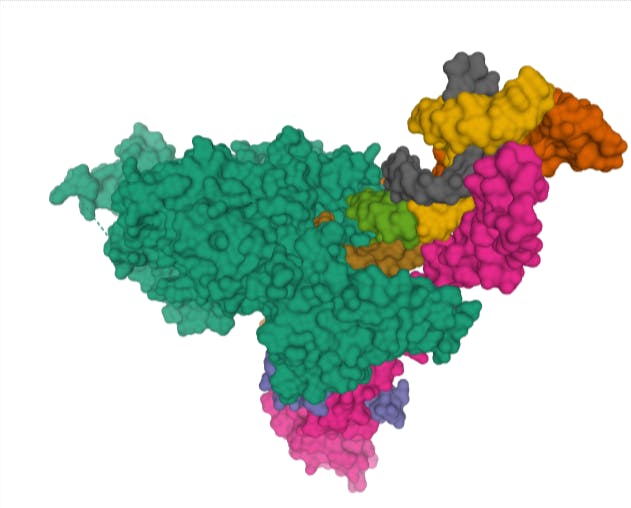
In this project, we will also cover basics about important databases used by biologists and biotechnologists, along with the type of sequence data we can access and visualize from these databases using Biopython & Jupyter notebook.
Detecting COVID-19 with Chest X-Ray using PyTorch
By Amit Yadav, Machine Learning Instructor
In this guided project, you will use a ResNet-18 model and train it on a COVID-19 Radiography dataset. This dataset has nearly 3000 Chest X-Ray scans which are categorized in three classes - Normal, Viral Pneumonia and COVID-19. Our objective in this project is to create an image classification model that can predict Chest X-Ray scans that belong to one of the three classes with a reasonably high accuracy.
Please note that this dataset, and the model that we train in the project, can not be used to diagnose COVID-19 or Viral Pneumonia. We are only using this data for educational purpose.
Before you attempt this project, you should be familiar with programming in Python. You should also have a theoretical understanding of Convolutional Neural Networks, and optimization techniques such as gradient descent. This is a hands on, practical project that focuses primarily on implementation, and not on the theory behind Convolutional Neural Networks.
